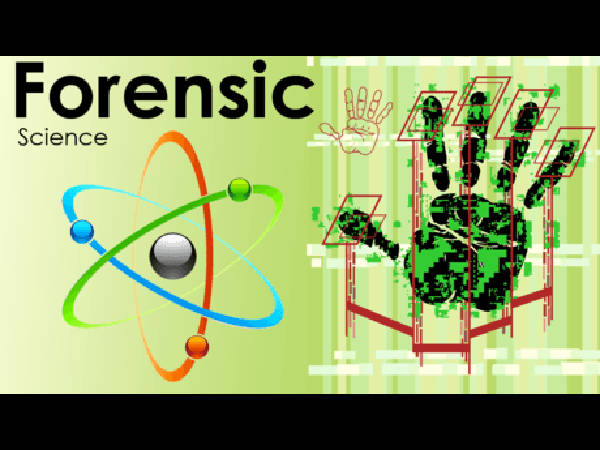Nanyang Technological University is conducting online course on Introduction to Forensic Science. The course focuses on how basic scientific principles underpin forensic science and can contribute to solving criminal cases.
About the Course:
The course aims to explain the scientific principles and techniques behind the work of forensic scientists and will be illustrated with numerous case studies around the world.
During the course we will attempt to address the following questions:
- How did forensics come about? What is the role of forensics in police work? Can these methods be used in non-criminal areas?
- Blood. What is it? How can traces of blood be found and used in evidence?
- Is DNA chemistry really so powerful?
- What happens (biologically and chemically) if someone tries to poison me? What happens if I try to poison myself?
- How can we tell how long someone has been dead? What if they have been dead for a really long time?
- Can a little piece of a carpet fluff, or a single hair, convict someone?
- Was Emperor Napoleon murdered by the perfidious British, or killed by his wallpaper?

Course Syllabus:
Week 1
Topic: Introduction to Forensic Science
Synopsis: The first section illustrates the scope and diversity of Forensic Science, and places it in its legal context. Basic ideas such as Association and Reconstruction are discussed, the all important Locard Exchange Principle is expounded and some of the limits of Forensic Science are suggested. The ideas in the Introduction underpin all subsequent sections.
Week 2
Topic 1: Atomic Structure & Spectroscopy
Synopsis: This section seeks to link the concept of Atomic Structure with the methods for the determination of the presence of different elements in a given sample. This allows students to appreciate how these techniques can be reliable and sensitive.
Topic 2: Molecular Spectroscopy & Chromatography
Synopsis: Some of the ideas of the preceding section are extended here, as they can apply to the analyses of compounds. The methods of Chromatography, Infra-red Spectroscopy and Mass Spectrometry are also discussed. These are essential for later sections, such as Narcotics and Toxicology.
Week 3
Topic 1: Time of Death
Synopsis: The changes that the body and bodily remains undergo on time scales ranging from minutes to centuries are key to determining the Time of Death. These are surveyed in this section.
Topic 2: Blood
Synopsis: Blood will be spilled in violent crimes. In this section, methods to identify and individualise blood are discussed, but DNA methods are left to a separate section. The information that can be deduced from blood spatter is also discussed.
Week 4
Topic: DNA
Synopsis: DNA has become essential and ubiquitous in forensic science. The nature of DNA and how it can be employed are presented in this section. The section includes the first DNA case, cold cases, paternity and maternity testing, mitochondrial DNA and several other topics.
Week 5
Topic 1: Fingerprinting
Synopsis: Fingerprinting is introduced by a short history. The composition, means of visualisation and classification of fingerprints is discussed, and the question of faking them is raised.
Topic 2: Polymers & Fibres
Synopsis: Fibres, whether natural or synthetic, make up a large part of our world and how they can be used in forensic science is the subject of this section. This includes a discussion of the different kinds of fibre, and how to distinguish and individualise them. The importance of hair is highlighted. This section draws upon knowledge from the spectroscopy and chromatography sections.
Topic 3: Firearms
Synopsis: Around the World, firearms are involved in many crimes. In this section, a brief history and explanation of firearms is presented. Forensic topics, including GSR and striations, are discussed.
Week 6
Topic: Narcotics
Synopsis: A survey of some of the more significant drugs is presented.
Week 7
Topic: Toxicology
Synopsis: Poisoning - accidental, deliberate or occupational - dates back into the mists of antiquity. In this section, different aspects of Toxicology are introduced, Paracelsus' concept of poison is discussed, and harmful substances are classified. Specific poisons such as arsenic, sarin and thallium, are discussed in detail.
Week 8
Topic: Case Studies
Synopsis: The course comes to its completion with a number of Case Studies that highlight important aspects of forensic science and some additional topics.
Prerequisites:
Candidate should have knowledge of High School or O-Level Science is advantageous.
Course Details:
- Course Starts on: August 14
- Course Length: 8 weeks
For more details on course, visit website



 Click it and Unblock the Notifications
Click it and Unblock the Notifications



























